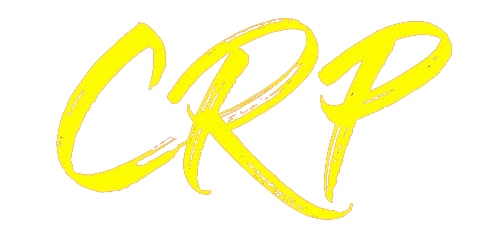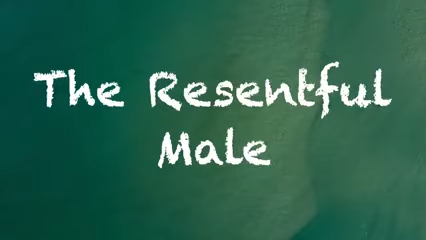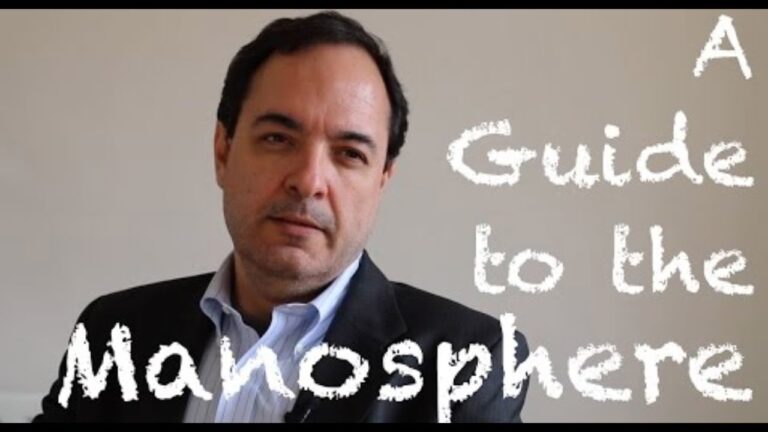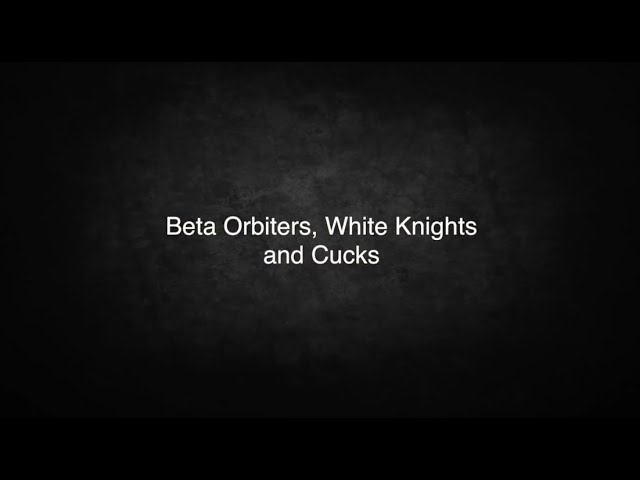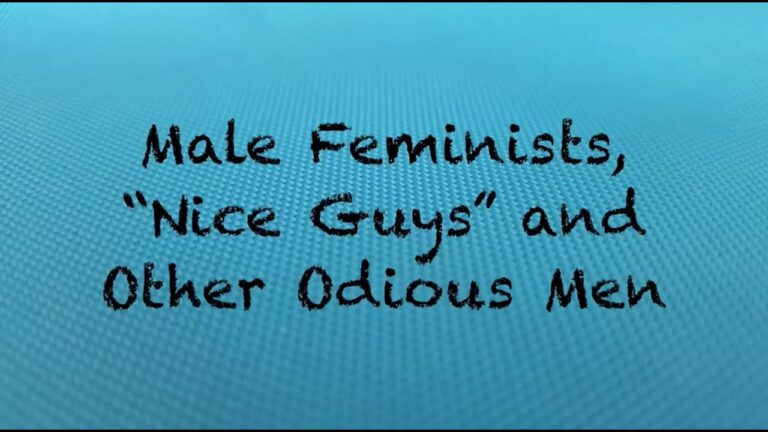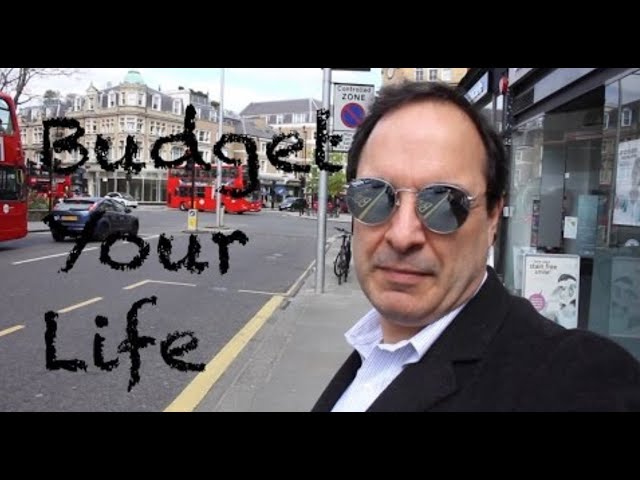The More You Understand, The Less You Forgive
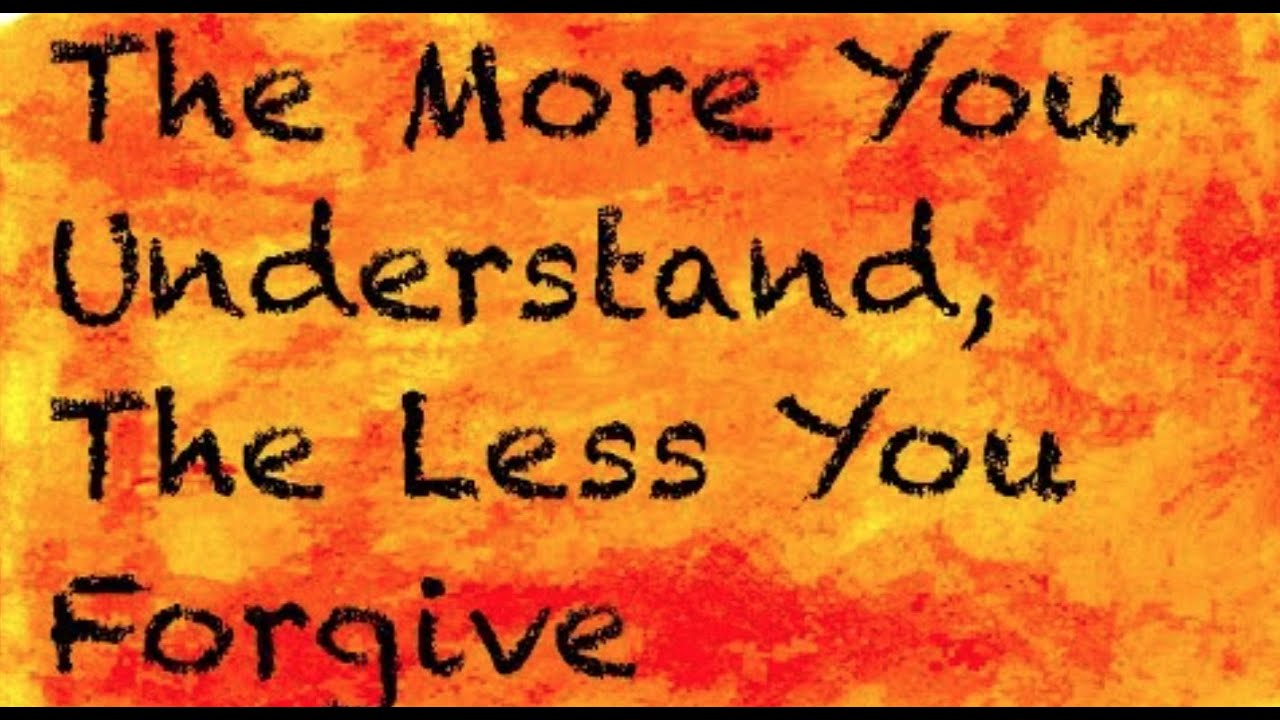
The More You Understand, The Less You Forgive
Many decades ago, when I was around 19 years old, I came across a line in a book that has stayed with me ever since. The author, an expert in terrorism and conflicts in the Middle East, wrote, “The more you understand, the less you forgive.” This simple yet profound statement has resonated with me for the past 30 years.
Key Takeaways
- Understanding motivations reduces forgiveness: The more you understand why people act, the harder it is to forgive their actions.
- Judgment is essential: Making moral judgments is necessary for a civilized society.
- Complexity of forgiveness: Understanding can lead to explanation but not necessarily forgiveness.
- Personal experiences with forgiveness: As one grows older, forgiveness becomes more challenging, especially regarding parental influences.
- Changing perspectives: Perspectives on admired figures can shift with increased understanding.
- Honest self-reflection: Despite love, truthful judgment is necessary even for loved ones.
- Embracing truth over relativism: Moral judgments are crucial for societal stability and truth preservation.
- Consequences of moral relativism: Moral relativism can lead to societal breakdown and must be countered with moral judgments.
Understanding Motivations
As we age and gain more knowledge and insight, we start to comprehend the motivations behind people’s actions. We delve into the reasons why individuals do what they do, and often, the more we uncover, the harder it becomes to forgive. For example, when someone commits a heinous crime and offers explanations like hearing voices or being driven by insanity, our understanding may deepen, but forgiveness may become elusive. The layers of justifications and underlying motives can sometimes reveal a lack of remorse or accountability, making forgiveness a daunting task.
The Importance of Judgment
Despite societal messages promoting non-judgment and acceptance, the act of making moral judgments is crucial. Without the ability to discern right from wrong, chaos would reign, and civilization would crumble. Judgment serves as a safeguard against anarchy, allowing us to uphold ethical standards and hold individuals accountable for their actions.
The Complexity of Forgiveness
As I approach the age of 49, reflecting on my parents’ decisions and actions when they were my age has brought forth a new perspective. Understanding the challenges they faced and the reasons behind their choices has made forgiveness a challenging process. While love for them remains unwavering, confronting the reality of their shortcomings and mistakes requires a level of honesty and moral judgment.
Evolving Perspectives
Our views and admiration for certain figures can shift as we mature and gain more knowledge. Authors like Alexander Solzhenitsyn and James Joyce, once revered, may undergo scrutiny and critique as we delve deeper into their works and lives. The complexities of human nature and the inherent flaws in revered individuals can prompt a reevaluation of our perceptions and judgments.
The Truth and Moral Clarity
Embracing the truth and making moral judgments based on reality, rather than succumbing to relativism, is essential for societal cohesion. The distinction between right and wrong, good and evil, must be upheld to prevent the erosion of moral values and the disintegration of civil discourse. While grappling with moral dilemmas may be arduous, confronting the truth and standing firm in our convictions is a necessary aspect of maintaining a just society.
Ultimately, the journey towards understanding and forgiveness is a complex and multifaceted one. As we navigate the intricacies of human behavior and moral judgment, we are faced with the challenge of reconciling compassion with accountability, empathy with discernment. The pursuit of truth and moral clarity may lead us down difficult paths, but it is through these trials that we cultivate resilience and integrity.
